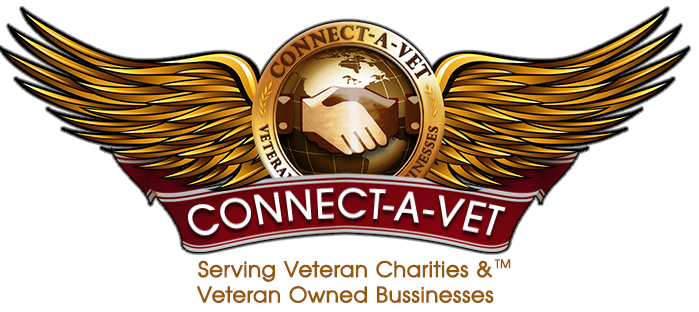For me, my brand of religion is Christianity. This site will not be a portal to challenge your faith or belief in God, but rather to look for solutions in your faith. For many veterans grappling with PTSD, TBI, MST, and the consequences of abuse, the journey to healing can often feel insurmountable. However, integrating faith into this healing process offers a unique avenue that can provide solace, hope, and strength. Scripture is replete with messages of comfort and restoration, reminding individuals that they are not alone in their struggles. For veterans, the teachings found in the Bible can serve as a powerful framework for understanding their experiences and finding a path forward.
One of the most comforting verses for those in distress is found in Psalm 34:18, which states, “The Lord is close to the brokenhearted and saves those who are crushed in spirit.” This powerful message reassures veterans that their pain is seen and acknowledged by God. The emotional turmoil stemming from trauma can often lead to feelings of isolation and despair. However, knowing that God is near during their darkest moments can foster a sense of connection and support. Veterans may find solace in prayer and meditation, creating a space where they can openly express their fears and seek divine comfort.
Moreover, the concept of forgiveness plays a significant role in the healing process. In Ephesians 4:32, we are instructed to “be kind and compassionate to one another, forgiving each other, just as in Christ God forgave you.” This verse encourages veterans to not only seek forgiveness for their actions but also to extend it to those who may have wronged them. Trauma often leads to resentment and anger, which can hinder healing. By embracing forgiveness, veterans can begin to release the burdens that weigh them down, allowing for emotional and spiritual growth.
Community is another vital aspect of healing. In Hebrews 10:24-25, believers are encouraged to “consider how we may spur one another on toward love and good deeds, not giving up meeting together.” Veterans often feel a strong sense of camaraderie with their peers, and faith-based communities can offer a supportive environment where they can share their experiences and find encouragement. Engaging with others who share similar struggles can foster a sense of belonging and reduce feelings of isolation. These communities often provide resources, counseling, and fellowship, which can significantly enhance the healing process.
In addition to community support, the Bible emphasizes the importance of hope. Romans 15:13 states, “May the God of hope fill you with all joy and peace as you trust in him.” For veterans facing the challenges of mental health disorders, hope can be a powerful motivator. It inspires the belief that change is possible and that healing can occur. By focusing on God’s promises and finding strength in faith, veterans may cultivate a more optimistic outlook on their future, even in the face of adversity.
Finally, prayer and scripture study can be transformative tools in the healing journey. Philippians 4:6-7 encourages believers to “not be anxious about anything, but in every situation, by prayer and petition, with thanksgiving, present your requests to God.” This passage emphasizes the importance of turning to God in times of distress. Regular prayer can help veterans articulate their needs, fears, and hopes, creating a dialogue that fosters spiritual intimacy. Additionally, immersing themselves in scripture allows them to draw wisdom and encouragement from the Word, reinforcing their faith and resilience.
In conclusion, integrating faith into the healing journey for veterans struggling with PTSD, TBI, MST, and abuse can provide profound benefits. Through the comforting presence of God, the practice of forgiveness, the support of community, the cultivation of hope, and the power of prayer, veterans can embark on a transformative journey toward emotional and spiritual restoration. By grounding their healing process in scripture, they can find the strength to confront their past and embrace a future filled with possibility and purpose.

